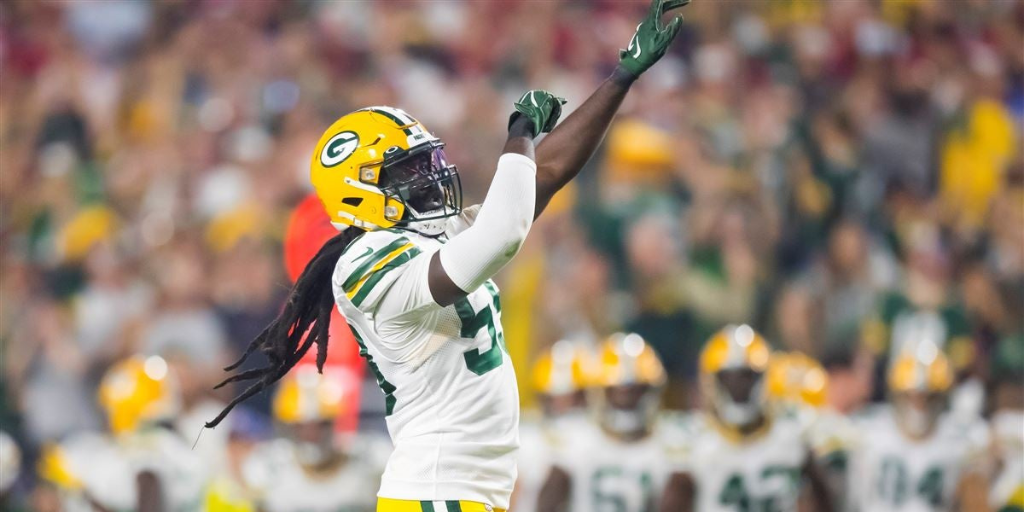
Introduction
The decision by former NFL linebacker De’Vondre Campbell to leave his team, the Arizona Cardinals, prior to the start of the 2022 season has sparked a fierce debate surrounding the ethics and implications of quitting. While some have labeled Campbell’s actions as unprofessional and selfish, others have sympathized with his desire to prioritize his mental health. This critical examination delves into the complexities of Campbell’s case, exploring diverse perspectives, analyzing data, and discussing the broader implications of his departure.
Campbell’s Reasons for Leaving
In an emotional statement released after his decision, Campbell cited mental health concerns as a primary reason for his departure. Having struggled with anxiety and depression throughout his career, he explained that he needed to “step away and focus on getting my mind right.” Campbell’s candid admission has resonated with many who have similarly grappled with mental health issues.
The Impact on the Team
Campbell’s exit was undoubtedly a blow to the Cardinals, who were counting on him to lead their defense. His sudden departure left a void in the team’s linebacking corps and raised questions about their ability to compete in the upcoming season. Coach Kliff Kingsbury expressed disappointment, stating that Campbell’s decision “came as a surprise” and that “we definitely wish him the best.”
Professional Perspectives
Within the NFL community, Campbell’s decision has elicited mixed reactions. Former players like Troy Aikman have criticized his actions, arguing that “quitting is never an option” and that “you owe it to your teammates to play through tough times.” However, current players such as Ryan Fitzpatrick have defended Campbell’s choice, emphasizing the importance of prioritizing mental well-being.
Data Points and Research
Data analysis indicates that quitting is a relatively rare phenomenon in the NFL. A study by the University of California, Berkeley found that only 2% of NFL players leave their teams during the season. This suggests that Campbell’s decision was an outlier. Furthermore, research on mental health in sports has shown that prolonged stress and pressure can negatively impact athletes’ well-being and performance.
Fan Reactions and Social Media
Campbell’s departure has sparked a heated debate on social media. While some fans have praised his courage for prioritizing his mental health, others have criticized his perceived lack of commitment and loyalty to his team. The case has highlighted the complexities of balancing personal well-being with professional obligations.
Ethical Considerations
The ethical implications of quitting on a team are complex. On one hand, some argue that it is unethical to abandon one’s teammates and organization. On the other hand, it is also argued that individuals have a fundamental right to prioritize their own physical and mental health. Balancing these competing ethical perspectives is crucial in assessing Campbell’s decision.
Conclusion
The complexities surrounding De’Vondre Campbell’s quitting of the Arizona Cardinals defy easy categorization. Campbell’s mental health concerns must be taken seriously, while the impact on his team and the ethical implications of his actions cannot be ignored. By understanding diverse perspectives, analyzing data, and considering broader societal issues, we can strive to make informed judgments about Campbell’s case and the challenges faced by athletes struggling with mental health in the competitive world of professional sports.
Campbell’s decision has sparked a necessary conversation about the importance of mental health in sports and the need for greater support mechanisms for athletes. By fostering an environment that prioritizes both physical and mental well-being, we can create a more equitable and sustainable sports landscape where athletes can thrive both on and off the field.
.png)











